Sr. Instrumentation Engineer
About This Job
As an Sr. Instrumentation Engineer at Burrow Global, you will play a pivotal role in the design, specification, and installation of instrumentation systems for various EPC (Engineering, Procurement, and Construction) projects. You will work across a broad spectrum of industries including oil and gas, petrochemical, and industrial facilities, ensuring high standards in safety, quality, and efficiency. The role requires an in-depth understanding of process control, instrumentation systems, and relevant industry codes and standards.
Key Responsibilities
•Design and Specification:
+ Develop and design instrumentation systems for projects, including control systems, measurement systems, and automation solutions. + Specify instruments and components according to project requirements, ensuring compliance with project specifications and industry standards (e.g., ISA, IEC, NEC, NFPA).
+ Work closely with project management and engineering teams to ensure the instrumentation design aligns with project timelines, budgets, and quality standards. + Provide technical support during the installation and commissioning phases, ensuring compliance with design specifications and regulatory requirements. + Assist in troubleshooting and resolving instrumentation issues during construction and commissioning phases.
•Documentation and Compliance:
+ Create and review engineering documentation, including control schematics, P&IDs (Piping and Instrumentation Diagrams), installation drawings, and bill of materials. + Ensure all design activities are documented and archived per Burrow Global’s quality control processes.
•Testing and Calibration:
+ Oversee the testing and calibration of instrumentation and control systems, ensuring that all systems function as per project specifications. + Coordinate and witness factory acceptance testing (FAT) and site acceptance testing (SAT) for instrumentation equipment.
+ Ensure all instrumentation designs meet Burrow Global’s safety standards and comply with relevant environmental and regulatory requirements. + Participate in risk assessments, hazard analysis, and safety evaluations as needed for each project.
•Collaboration and Mentorship:
+ Collaborate with cross-functional teams, including electrical, mechanical, and process engineers, to optimize instrumentation system designs. + Provide guidance and mentorship to junior engineers, offering insights into instrumentation best practices and industry trends.
Key Qualifications And Skills
Preferred Qualifications
Working Conditions
Similar Jobs

Electrical Engineer

Sr. Instrumentation Engineer
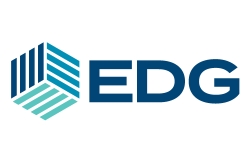
Sr. Instrumentation Engineer
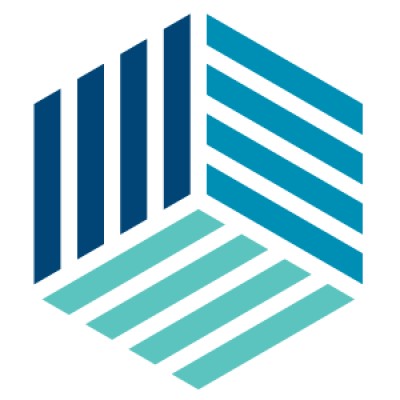
Sr. Instrumentation Engineer

Sr. Electrical and Instrumentation Engineer

Instrumentation Engineer

Electrical and Instrumentation Technician Sr.
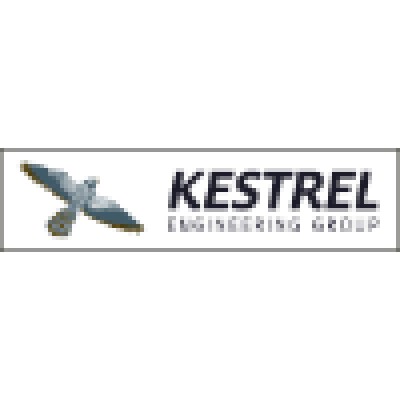
Instrumentation Engineer
Electrical and Instrumentation Technician Sr.

Sr. Electronics Engineer
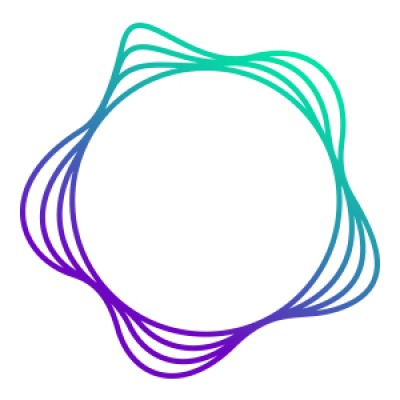
Sr Engineer

Sr Engineer

Sr Engineer
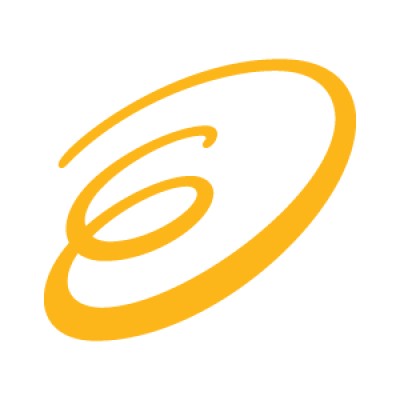
Sr Engineer
Sr. Performance Engineer
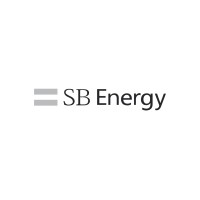
Sr. Electrical Engineer
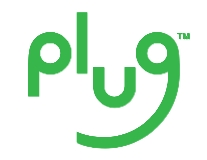
Sr. Mechanical Engineer

Sr. Mechanical Engineer
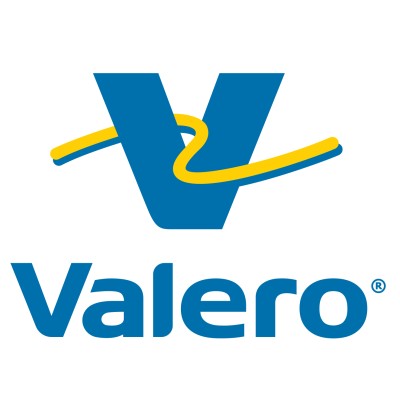
Sr. Electrical Engineer
Sr. Electrical Engineer
Trending Jobs
Assistant General Manager, Navy Yard Electric Utility

Electrical Engineer
Division Order Analyst
Accounts Payable Clerk

contract landman

Oil and Gas Land and Title Analyst - SAM Associate II

Attorney

Senior Landman
Contracts Administrator

Foundry Professionals

Electrical Designer
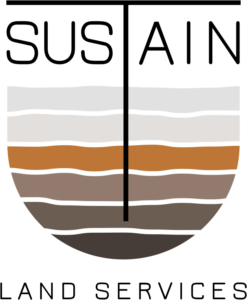
Title Landman
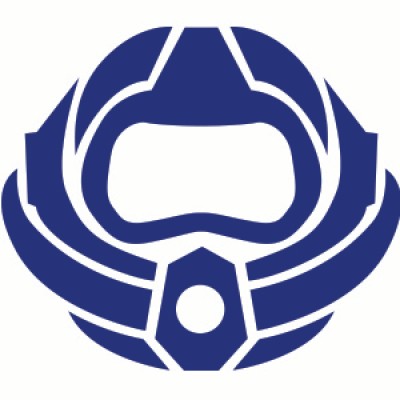
Deckhand
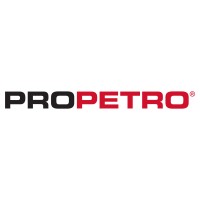
HSE Operations Manager

Landman
Screen Printing Operator
Apprentice Lineman

Mechanical/Piping Engineer
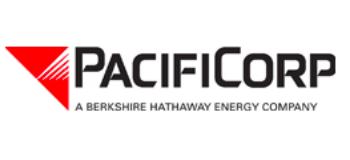
Apprentice Qualified Lineman (Local 125) - Various Locations - #113398
